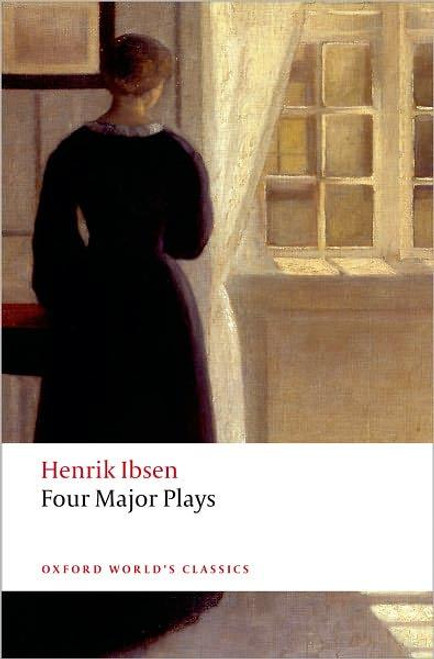A Doll's House provoked uproar when it made its Scandinavian debut in 1879. In it, and it's immediate successor, Ghosts, Ibsen brought to light attitudes that a self-righteous, hypocritical society would have preferred to leave unexamined; his heroines' perceptions about society and their position in it are conveyed with a clarity that is still shockingly dramatic.
In Hedda Gabler and The Master Builder Ibsen shifted his focus from the pressures exerted on women by society to the pressures individuals exert on other individuals in their urge to dominate and control one another. Hedda Gabler, 'a-crawl with the foulest passions of humanity', as one contemporary reviewer claimed, is also a flawed idealist in an anguished private dilemma; in creating her Ibsen brought dramatic prose towards the expression of a reality beneath the surface of words.
This collection of plays is taken from the Oxford Ibsen, James McFarlane's acclaimed scholarly edition.
This Edition Includes: Introduction, Bibliography, Chronology
Translated by James McFarlane and Jens Arup
Introduction by James McFarlane
About the Author
Henrik Ibsen (1828–1906) is often called “the Father of Modern Drama.” Born in Norway in 1828, he enjoyed successes with the verse dramas Brand and Peer Gynt before embarking on his great twelve-play cycle of society dramas, which included A Doll’s House and Ghosts. After twenty-one years of self-imposed exile in Italy and Germany, Ibsen died in Norway.







